Die Abenteuer der Catherine Crachat
- 190pagine
- 7 ore di lettura
Pierre Jouve ha vissuto 'molteplici vite' nel corso del suo percorso letterario. Prima della Prima Guerra Mondiale, fu una figura di spicco del movimento Unanimista, il cui obiettivo era catturare l'esperienza collettiva. Durante la guerra, partecipò attivamente al movimento pacifista, sostenendo soluzioni pacifiche. Un profondo cambiamento avvenne dopo il 1921, influenzato dalla sua seconda moglie, la psicoanalista Blanche Reverchon, che lo introdusse ai concetti psicoanalitici. Jouve divenne uno dei primi scrittori a esplorare l'impatto della mente inconscia sulla creazione artistica, evidente nelle sue opere di metà anni '20. La sua poesia e i suoi romanzi di quest'epoca si addentrarono nella complessità psicologica e nell'espressione artistica. Successivamente, Jouve emerse come voce di resistenza intellettuale contro il nazismo, con la sua poesia apocalittica che serviva da potente protesta. Interagì costantemente con un'ampia gamma di artisti, scrittori e pensatori, lasciando un'eredità che ha ispirato le generazioni successive di creatori.
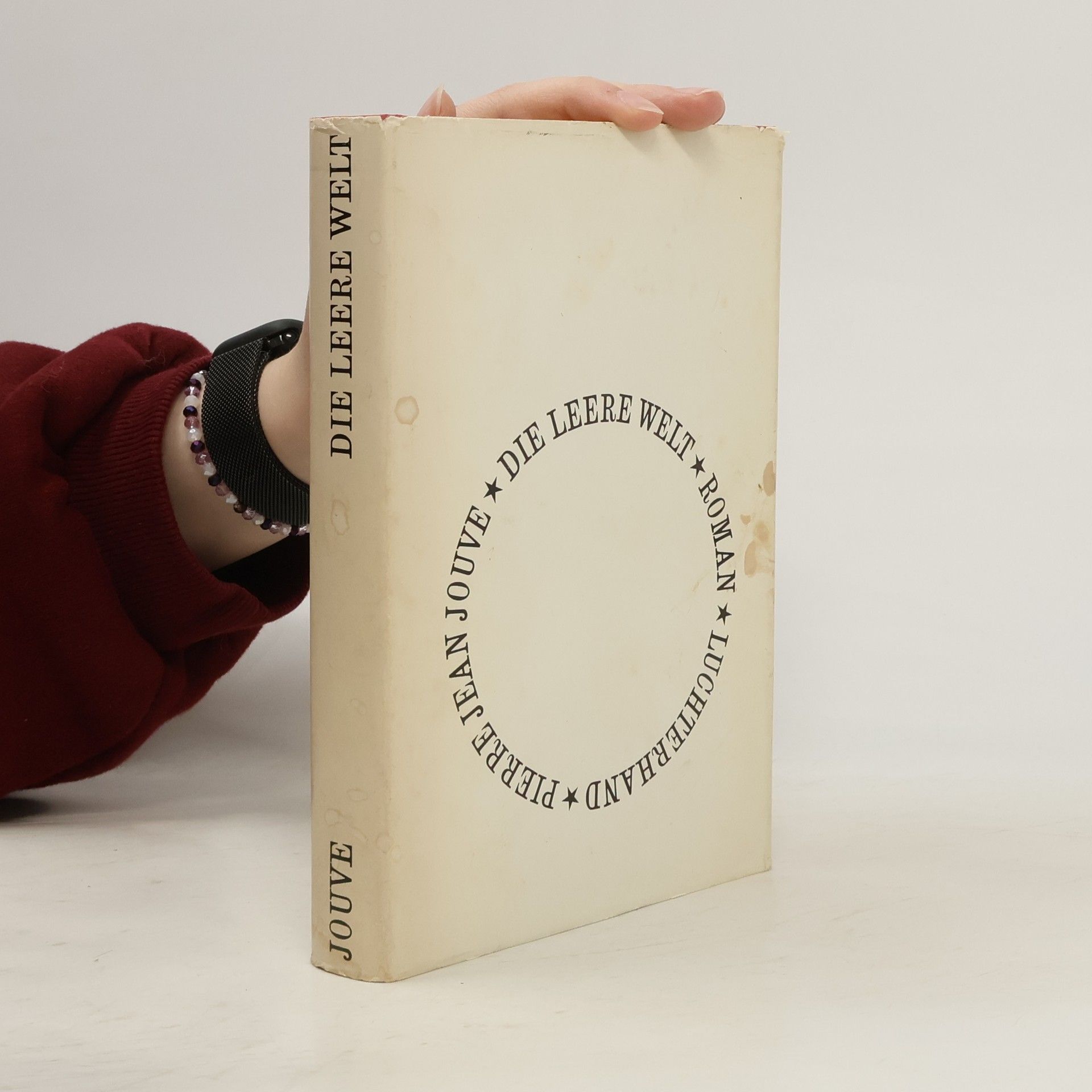
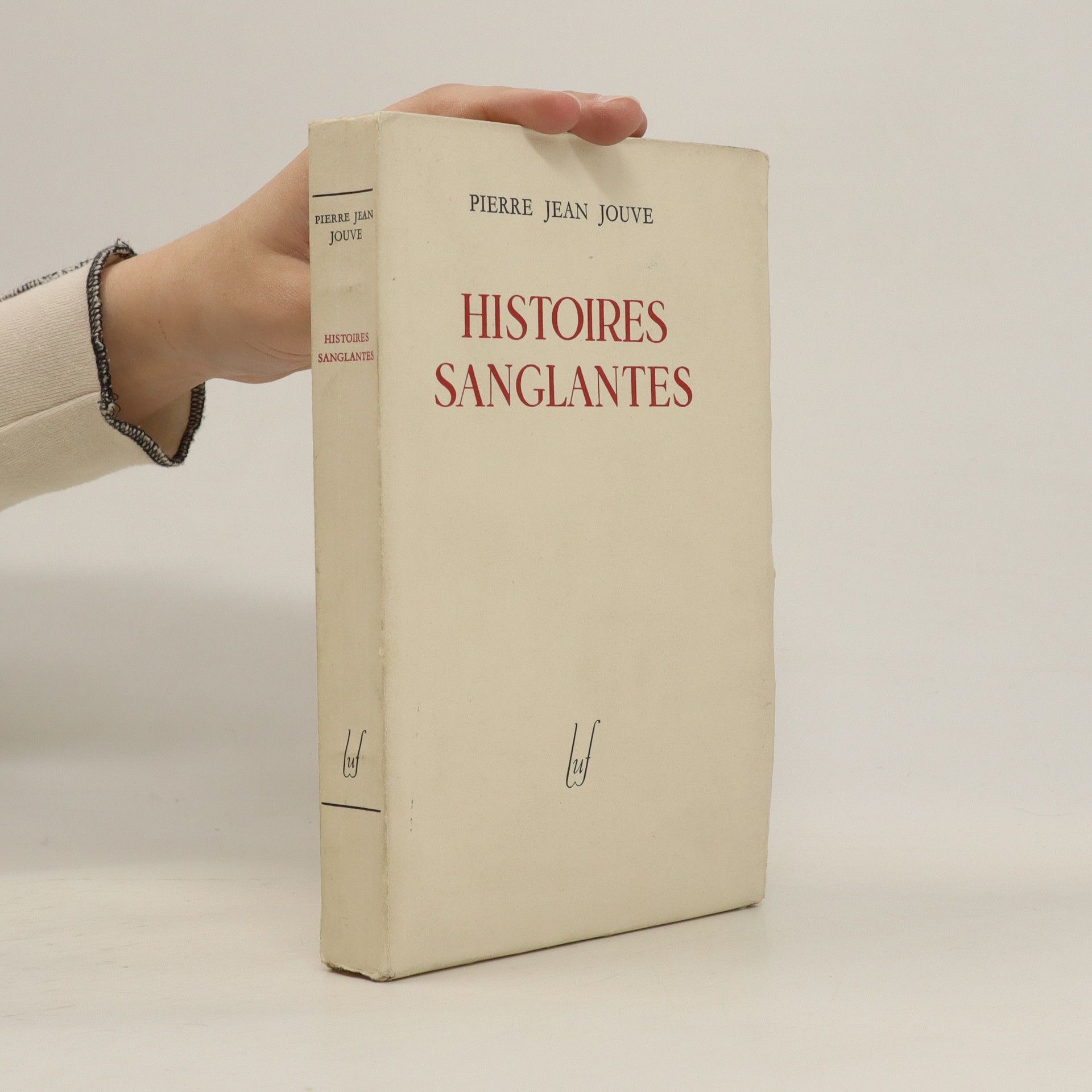
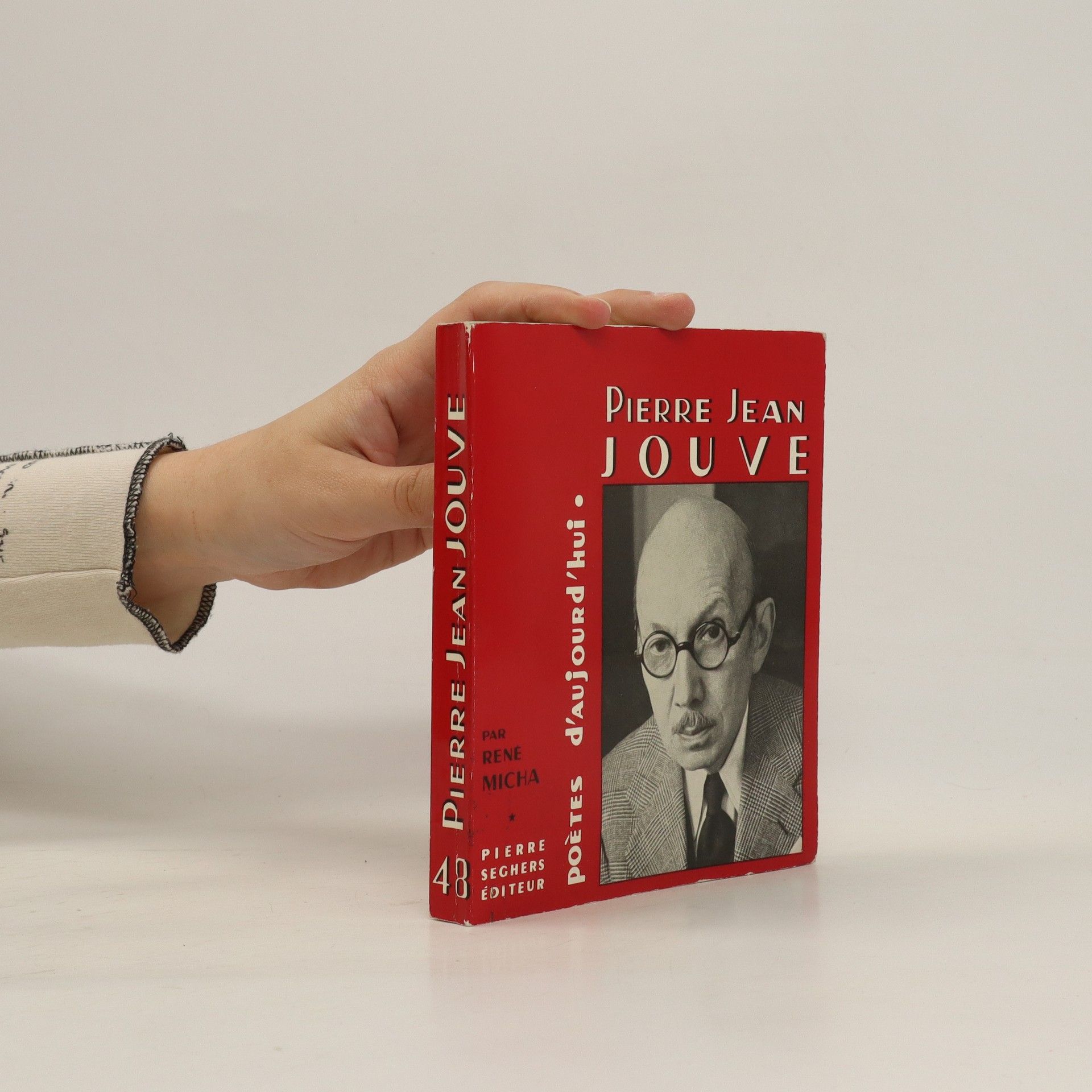
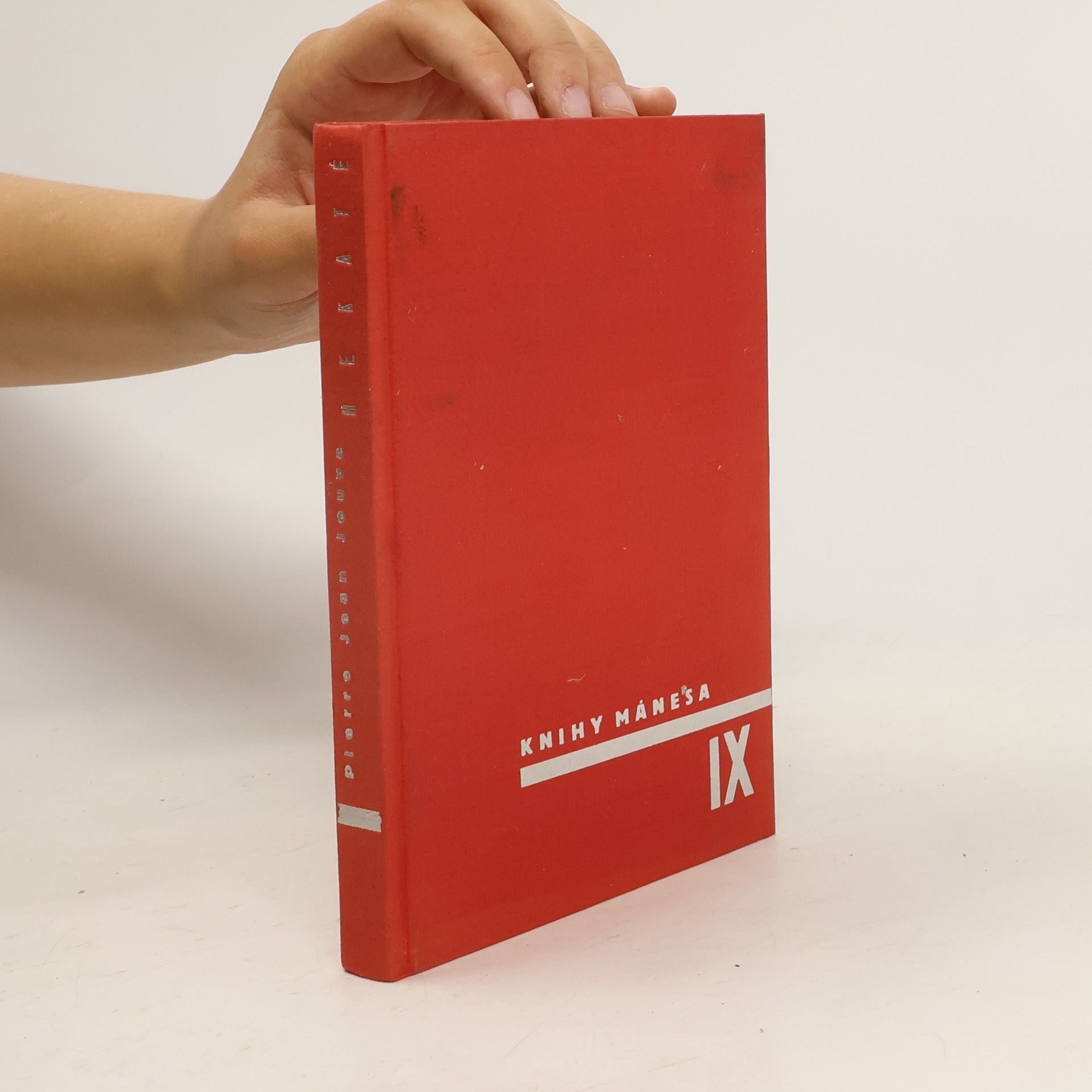
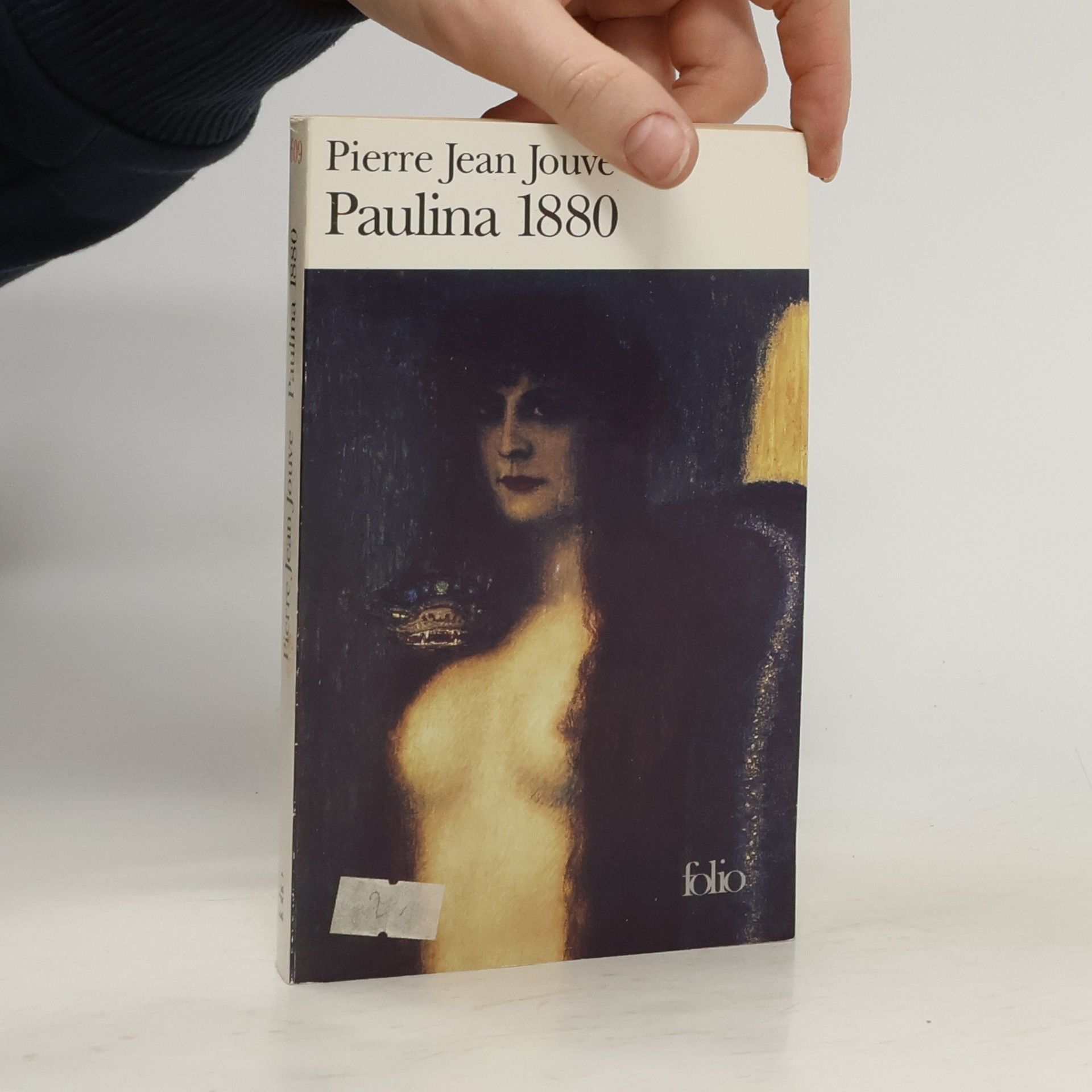
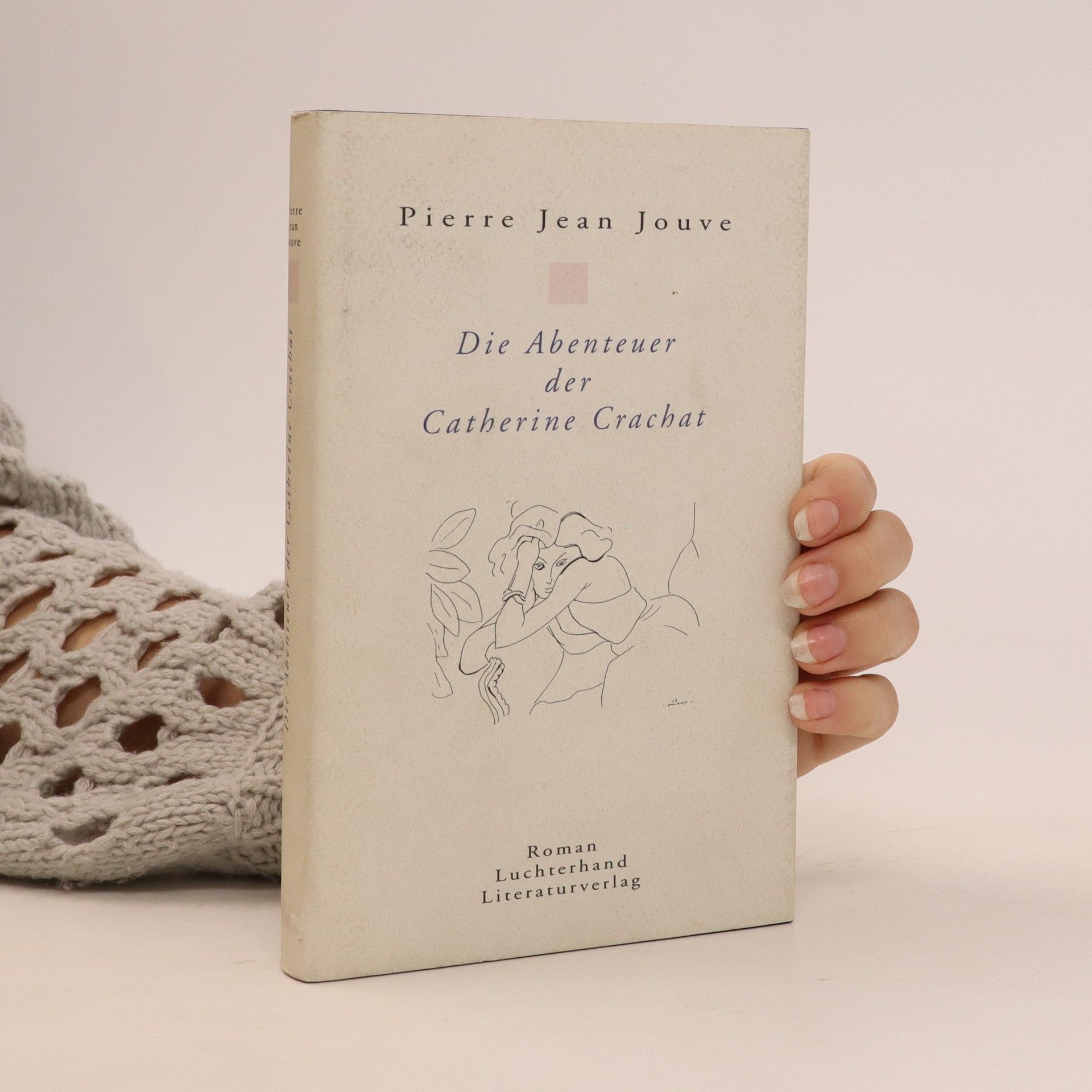
Paulina Pandolfini. Née à Milan le 14 juin 1849. Fille cadette de Mario Giuseppe Pandolfini et de Lucia Carolina son épouse. Célibataire sans profession. A séjourné comme novice dans le couvent de la Visitation à Mantoue de 1877 à 1879. A tué à Florence, le 28 août 1880, son amant le comte Michele Cantarini. Condamnée par jugement de la Cour de Florence en date du 12 avril 1881, à vingt-cinq années d'emprisonnement. A purgé sa peine dans la prison judiciaire de Turin jusqu'au 15 juin 1891, date à laquelle elle fut graciée.
,,V tomto románu vylíčil Jouve svým básnicky jemným způsobem pohnutý příběh filmové herečky, krásného a nadaného stvoření a přece proklatého pouhým jménem rodovým, čímsi, zač člověk nemůže a co přece vrhá na jeho život věčný stín. Hrdinka románu jest nad to stržena do víru osudu ženy poznamenané tragikou zvrácených erotických sklonů, přinášející zhoubu a smrt tomu, koho miluje." (Zo sprievodného listu vydavateľa čitateľom.)